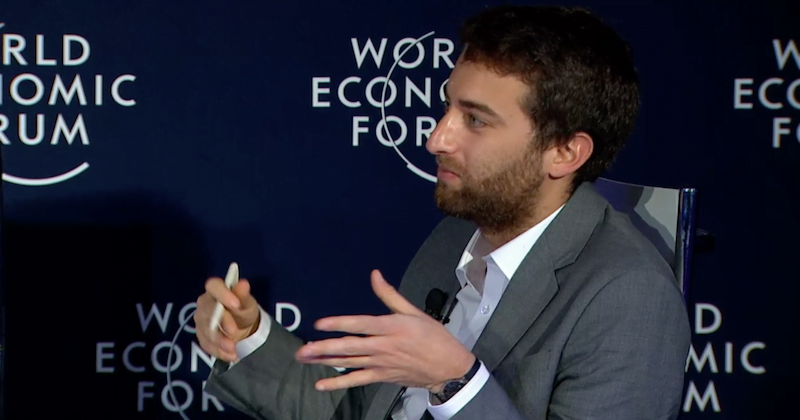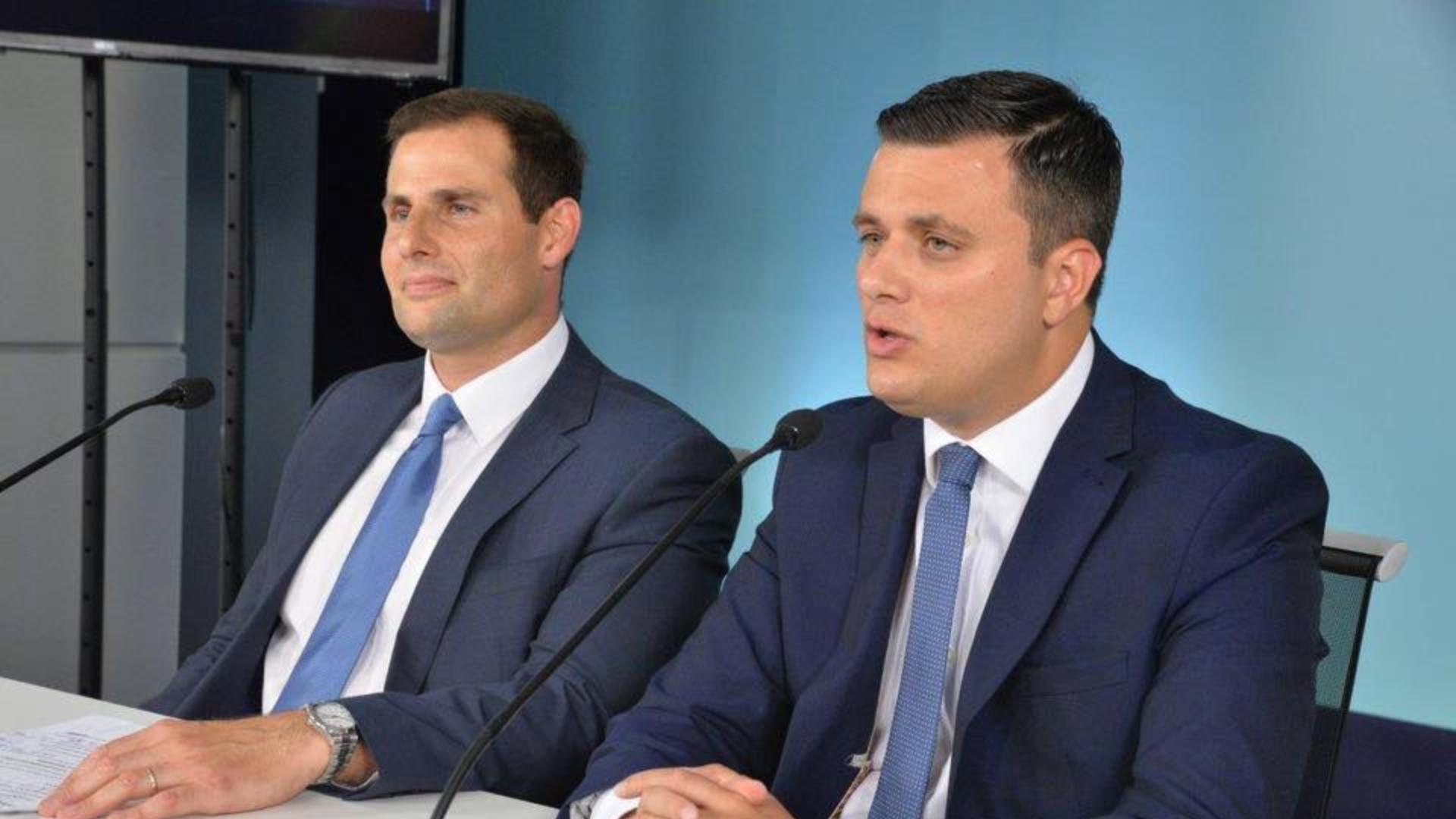International law enforcement is not keeping up with global corruption and governments “should not wait for a total collapse of the system before doing something about it,” Matthew Caruana Galizia warned.
The son of assassinated journalist Daphne Caruana Galizia was speaking at the World Economic Forum (WEF) in Davos together with Transparency International’s Delia Ferreira Rubio, the President of Botswana Mokgweetsi Masisi and Margery Kraus from APCO Worldwide Inc.
“What my mother was investigating was individual cases tied to Malta of corruption that were facilitated by this global system. Because we were not just talking about small time bribery at a local level but it was cross border corruption,” he said.
Matthew Caruana Galizia insisted that international cooperation is the only way to combat global corruption, with banks on a system designed to move and hide money across borders.
Although the European Union has the best legislation on paper to combat money laundering and corruption, there is very little enforcement and prosecution, he said.
“We need to start thinking about what international mechanism we can create to fight corruption at a global level,” he said, adding that international and national law enforcement needs to invest heavily in technology and skills to combat corruption.
He said that EUROPOL – which has failed to form a joint task force to investigate his mother’s assassination – is unable to combat corruption because of political interference.
This was corroborated by Transparency International’s chairperson Delia Ferreira Rubio who said that 21st Century criminals cannot be defeated by using 19th Century tools and procedures.
“My message is, please do not adapt to corruption. The private sector, citizens, we need to put an end to indifference to corruption. Please say ‘no’, say ‘I will no longer vote for corrupt guys, I will not bribe, I will not receive bribes’,” she said.
“Corruption isn’t just a wart on a beautiful face,” Caruana Galizia said, adding that global corruption is an international system which facilitates “underground rivers of money.”
Caruana Galizia said that beyond the cultural and educational challenges, global corruption can only be defeated if the system is entirely reworked.
“Technology has allowed us to move money around the world, extremely quickly and that is going to keep getting easier and easier. But law enforcement has simply not caught up and it’s not just small states like Malta but even larger states.”
He added that if it were not for the Panama Papers revelations, on which he worked on as part of the global network of investigative journalists, the ICIJ, big countries would have not been able to recuperate hundreds of millions in lost taxes.
Describing the Mossack Fonseca leaks which led to the Panama Papers revelations as a “fluke” Caruana Galizia said that what has been unearthed so far is only the tip of the iceberg and vast amounts of money are still hidden in tax havens.
Bostwana’s newly-elected President Mokgweetsi Masisi warned that whatever measures governments take to fight corruption, criminals and corrupters “fight back.”
He said that governments and international institutions need to be mindful of early warnings of corruption and respond in time, because many times these are met with denial and lack of attention.












